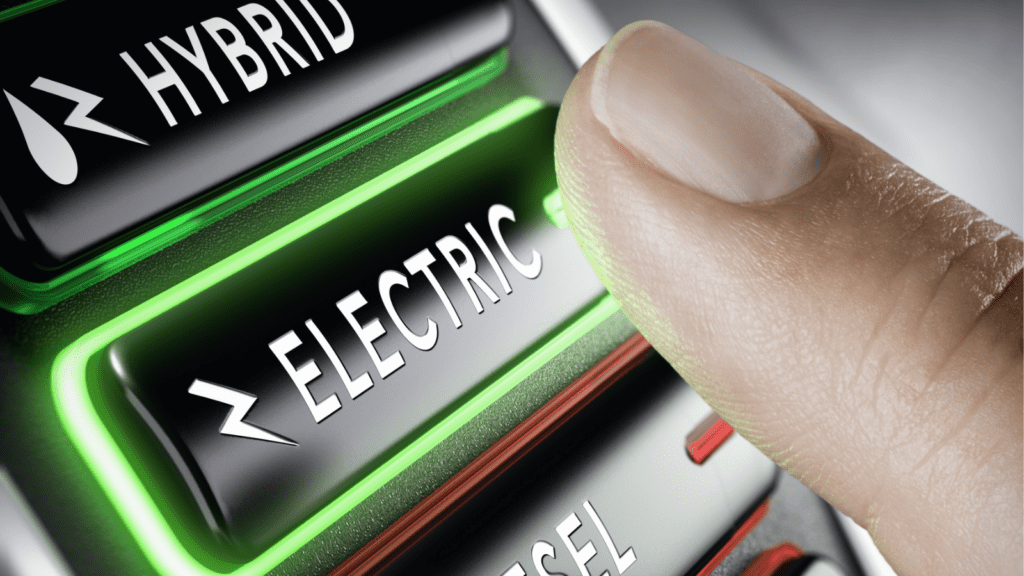Staff Blog
Filters
Fully electric—not plug-in hybrid—is still the future of the American car
Superior climate benefits and consumer savings are two key reasons why fully electric vehicles are the future of American clean transportation.

Don’t plug in your plug-in hybrid? EPA will now hold automakers responsible.
Accounting for the real-world use of PHEV’s would prevent over-crediting of GHG emission savings

Infrastructure and supply chains won’t hold up EPA’s proposed light and medium-duty vehicle standards
EPA’s light and medium-duty vehicle proposal builds on a strong foundation of private investment and supporting policies in infrastructure and supply chains.

To put the United States on track to reach 50% electric vehicle sales in 2030, cut the greenhouse gas target in half
Making the next round of standards at anything less stringent would mean leaving climate benefits on the table

Don’t let the industry greenwash green hydrogen
Certifying that hydrogen and efuels are produced from 100% additional renewable electricity is not as simple as it seems.
India, don’t fall for ethanol: Roadmap leads National Policy on Biofuels off track
India’s new ethanol roadmap abandons the country’s commitment to second-generation biofuels and is environmentally and economically unsustainable.
GO big or GO home with e-fuels and hydrogen
While the use of e-fuels and hydrogen can avoid the pitfalls of biofuels, how can it be guaranteed that they are truly made from renewable electricity?
E-fuels won’t save the internal combustion engine
E-fuels are a prohibitively expensive and remarkably inefficient way to decarbonize the transportation sector.
Your frying pan is an untapped well of biodiesel potential
What’s driving the growth in used cooking oil collection, and how high can it go?
Will someone please tell me if biofuels are good or bad for the environment?
Biofuels are confusing because they’re complicated, and they’re complicated mainly because of indirect effects.
A seemingly innocuous cellulosic biofuel pathway
Though corn kernel fiber is nominally a “waste” product, when diverting it to make cellulosic ethanol, how it is removed can significantly influence the final climate impact.
The European Commission serves up real limits on palm biofuel
European Commission’s revised delegated act will significantly reduce, but not eliminate, the amount of palm oil used in biofuel in the EU
